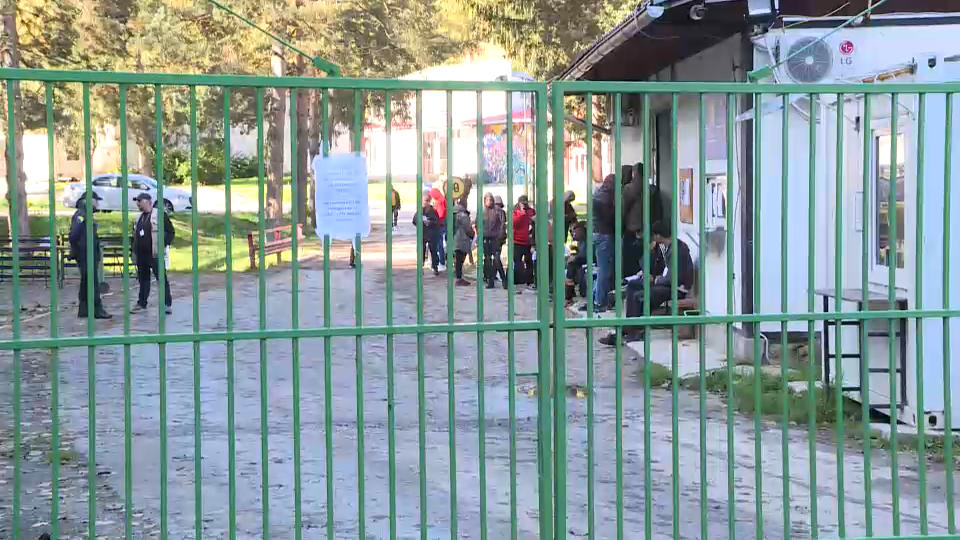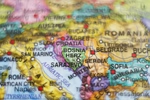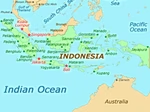
In response to the recent tragedy on the Drina River, where migrants lost their lives attempting to cross into Bosnia and Herzegovina, the International Organization for Migration (IOM) has called for increased efforts to crack down on migrant smuggling across the Western Balkans and the establishment of regular migration routes. This would provide essential support to vulnerable migrants, especially women and children. Bosnia and Herzegovina remains a significant point on the illegal migration route, which continues to pose substantial security challenges. The Service for Foreigners' Affairs warns that illegal migration is expected to increase in the coming months.
Oglas
The recent tragedy on the Drina River underscores that the migration route towards Bosnia and Herzegovina is once again a focal point for those seeking to enter Europe. Since 2018, over 140,000 illegal migrants have been registered in Bosnia and Herzegovina, with the trend continuing into this year.
"Since the beginning of the year, Border Police officers have recorded 5,370 individuals attempting to cross the state border illegally. The majority are citizens of Syria, Turkey, Afghanistan, Morocco, and Pakistan," stated Franka Vican Voskovic, spokesperson for the Border Police of Bosnia and Herzegovina.
Authorities assure that illegal migration is under control, particularly concerning the management of temporary accommodation centers. According to the Ministry of Security, there are currently 1,806 illegal migrants in the country.
"The route from Serbia and Montenegro to Bosnia and Herzegovina remains active, and an increase in illegal migration is expected," said Rade Kovac, Head of the Operational Support Sector at the Service for Foreigners' Affairs. He highlighted the complex security issues posed by armed criminal groups, particularly those involving citizens of Afghanistan and Morocco.
The Service for Foreigners' Affairs plans to enhance the monitoring of Bosnia's eastern border with the help of other police agencies. The situation has been exacerbated by Serbia's recent efforts to tighten border controls, particularly along its border with Hungary.
"Bosnia and Herzegovina has become the main destination for many attempting to cross from Serbia. Over 25,000 people have entered Serbia since the beginning of the year, with most continuing on the route across the Drina River into Bosnia," said Radosa Djurovic, Director of the Center for Protection and Assistance to Asylum Seekers in Serbia.
Kovac emphasized the need for a more serious approach to dealing with armed criminal groups, noting that the situation is complicated by Afghanistan's refusal to accept the return of its nationals and its non-compliance with readmission agreements. The long-standing shortage of border police officers also poses a significant challenge in maintaining the security of Bosnia and Herzegovina's borders.
Kakvo je tvoje mišljenje o ovome?
Učestvuj u diskusiji ili pročitaj komentare
Oglas
Kakvo je tvoje mišljenje o ovome?
Učestvuj u diskusiji ili pročitaj komentare
Oglas





 Srbija
Srbija
 Hrvatska
Hrvatska
 Slovenija
Slovenija



























































